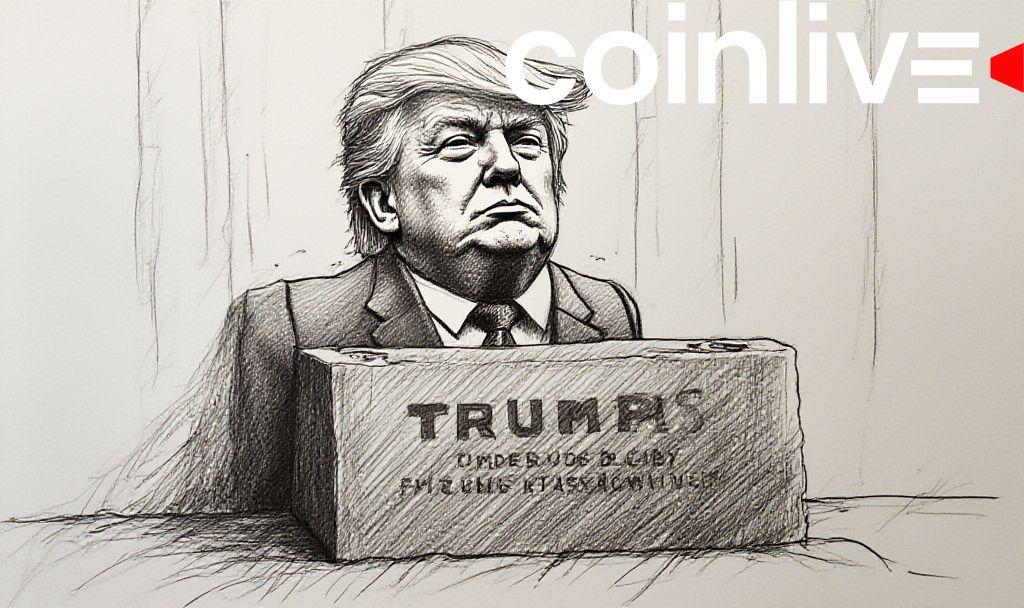- Trade framework announced, affecting tariffs and market access.
- Tariffs on British vehicles reduced significantly.
- U.S. secures large purchases and supply chain agreements.

Donald Trump announced a new trade framework with the United Kingdom on May 8, 2025, focusing on reducing trade barriers and enhancing economic ties.
The agreement highlights a key shift in economic policy, aimed at fostering stronger transatlantic trade relations.
Donald Trump and Keir Starmer announced a United States-United Kingdom trade framework. This marks the first agreement post-April 2025 tariff changes, aiming to lower barriers in industries such as automotive and steel.
The United Kingdom will ease restrictions on products, boosting trade by $5 billion. The U.S. will adjust tariffs, notably reducing auto tariffs to 10% on the initial 100,000 British cars.
Experts observe potential benefits for small businesses and the consumer packaged goods sector, driven by lower tariffs and expanded market access. Alfredo Ortiz, CEO of Job Creators Network, said, “Trump’s trade deal with the United Kingdom is a big victory for small businesses, American consumers, and the Trump administration itself.”
Investors and businesses expect significant financial benefits, anticipating increased trade volumes and reduced costs due to the order of Boeing airplane parts. The secured pharmaceutical supply chain underscores its economic importance.
Future implications include potential regulatory shifts and technological collaborations, underpinned by enhanced trade transparency. As the agreement unfolds, historical trade patterns suggest potential shifts in market dynamics across sectors involved.








